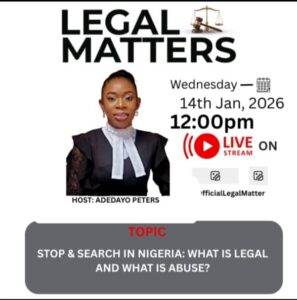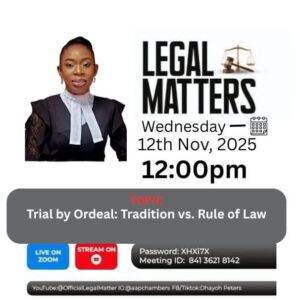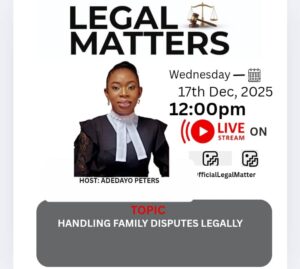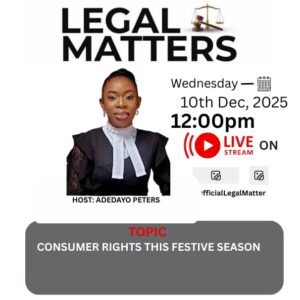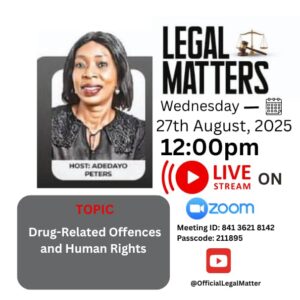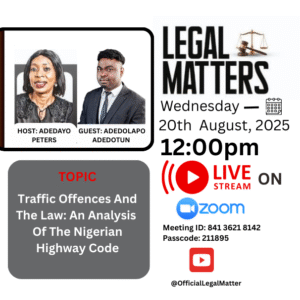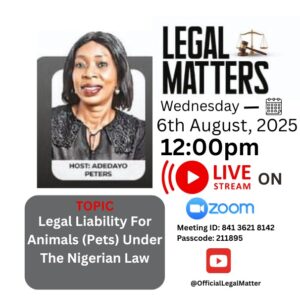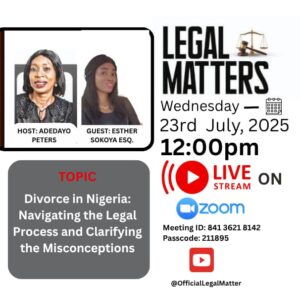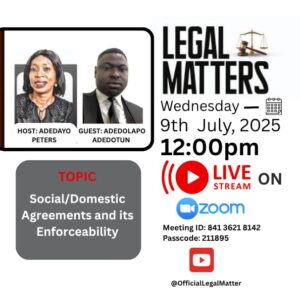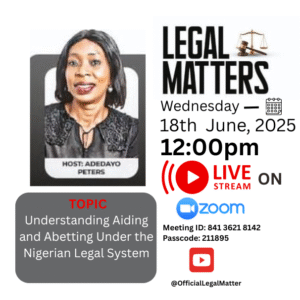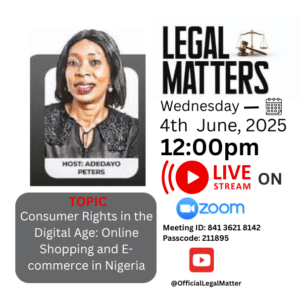The festive season in Nigeria brings joy, celebrations, and shopping. It also sees a rise in fake and adulterated products. Substandard food, electronics, cosmetics, and beverages can threaten health, safety, and finances. Awareness and careful purchasing are essential.
Nigerian law protects consumers. The Federal Competition and Consumer Protection Act (FCCPA) 2018 guarantees rights to safety, accurate information, free choice, fair value, compensation, and redress. These provisions allow consumers to demand quality products and seek remedies if harmed by counterfeit goods.
Consumers can take practical steps to avoid unsafe products. Check labels, expiry dates, batch numbers, and certification numbers like NAFDAC or SONCAP. Buy from reputable stores, verify product quality, and report violations to the relevant authorities.





